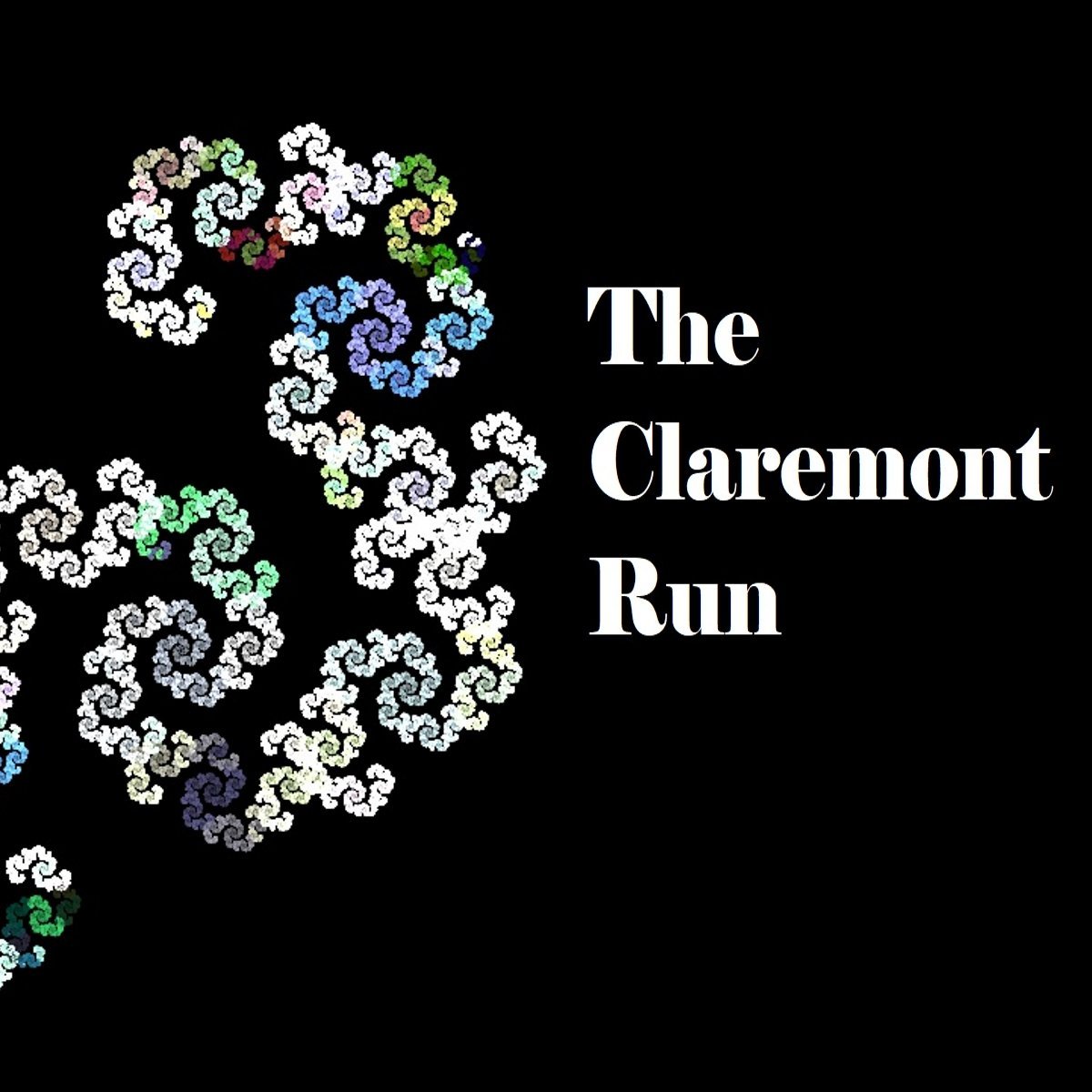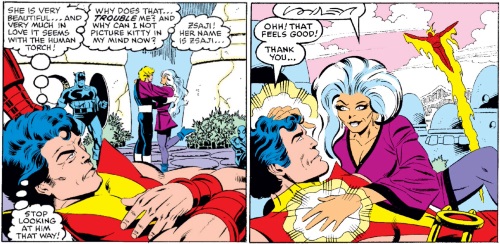In the particular instance of Jean, having an infantilizing name like Marvel Girl (despite being an adult woman) was especially condescending, considering she shared a home and superhero team with a younger, less mature male mutant who went by “Iceman” rather than “Iceboy.” 4/4
This creates a dichotomy, where the reader is positioned to root for the X-Men to succeed as a dominant species at times, but also to support the X-Men in X’s mission of peaceful cohabitation without domination, because that way they don’t kill us. 8/9
In SF, posthumanism as a sub-genre evolves from post-apocalyptic SF. The difference is that posthumanism tends to perceive the end of humanity as an inevitable process tied to natural properties of ecology, rather than a spectacular act of self-destruction. 3/9
Marvel’s first line-wide crossover event was “Secret Wars” in 1984, an event that caused some notorious continuity complications for Claremont in the pages of X-Men, perhaps serving as an example of the challenges these events create. 3/7
In her essay “From Kitty to Cat: Kitty Pryde and the Phases of Feminism,” Margaret Galvan argues that Kitty Pryde can be seen to represent transgressive gender politics in a manner that is similar to Donna Harraway’s conception of cyborg feminism. 1/7 #xmen @LetsTalkKitty
“She’s a character who’s a little more complex than a Captain America who you have to draw in these star-spangled poses. She’s not that cut and dried. She’s got a little more complex and deeper personality. So it’s kind of tough transferring her to a comic book.” 3/4
In short, they humanize each other. Watching them struggle to express their mutual affection, to come together, and to minimize their negative impact on each other (despite good intentions) is both familiar and compelling. 9/9
Things come to a head during the ‘Fall of the Mutants’ story where Mystique warns Rogue to stay out of Dallas due to Destiny’s prophecy. When Rogue refuses, Mystique tries to arrest the X-Men for the sake of protecting her daughter. This goes poorly. 5/9
Nonetheless, Mystique takes this personally and her hatred for the X-Men develops further out of the perception that they stole her daughter from her. While this is an errant perception, it nonetheless reflects the extent of her emotional bond with Rogue. 4/9












